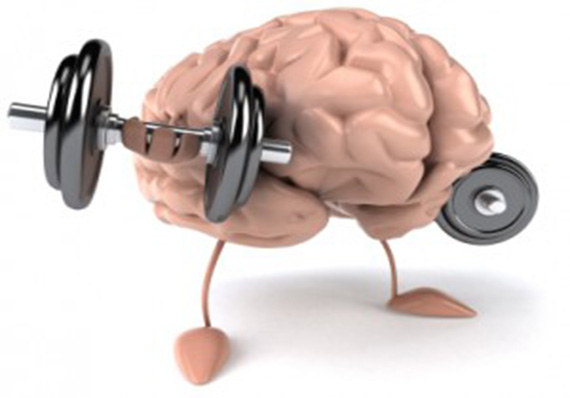
As time goes by, more and more studies confirm what seems like sound logic without the science: Regular exercise and physical activity help slow down brain aging, as another recent study shows.
A research team examined 1228 people who reside in Manhattan, New York City. Initially, they asked them about their exercise routine, followed by a series of tests measuring their heir cognitive abilities such as organization, memory, thinking speed and reasoning.
Five years later, half of the participants in the original testing underwent the same tests. Those who exercised regularly did better on cognitive tests, which was consistent with previous research linking increased exercise and a healthy brain.
However, when researched took into account diabetes, heart disease and high blood pressure and others considered as brain activity influencers, the association disappeared. Health conditions such as these could affect the blood flow towards the brain and slow down cognitive functions.
According to senior author Dr. Clinton Wright, a neurology and public health sciences associate professor at the University of Miami, That suggests that people with low physical activity levels also had a greater burden of those risk factors.
The research team focused on the participants without the additional health conditions, comparing their cognitive scores taken when the study started and the ones taken five years later. The same trends appeared: Regular exercise led to better cognitive scores compared to those who worked out less, with the strong correlation appearing in memory and thinking speed. Cognitive decline was slower in people who exercised regularly, finding that this kind of increased physical activity levels can slow down brain aging by 10 years. The finding suggests moderate to intense exercise routines might help senior adults slow down brain aging, but further studies from random, clinical trials are needed in order to confirm the connection.
According to co-author Dr. Mitchell Elkind, an epidemiology and a neurology professor at the New York Presbyterian/Columbia University, Calisthenics several times a week, playing handball or tennis, even moderate amounts of activity can be a benefit.
The research was published in the journal Neurology on March 23. / Image via Odd Seekers